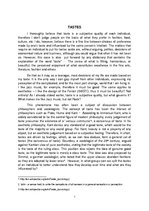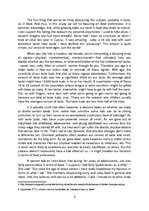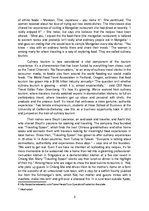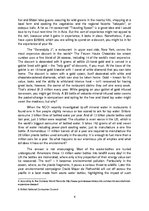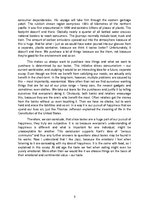-
Tastes
This makes us always want to purchase new things and what we want to purchase is determined by our tastes. This initiative drives consumerism – our current world order, and studying it would be an interesting idea for a future, separate essay. Even though we think we benefit from satisfying our needs, we actually only benefit in the short-term. In the long-term, however, multiple problems are caused by this – most importantly, economical. More often than not we find ourselves wanting things that are far out of our price range – fancy cars, the newest gadgets and sometimes even clothes. We take out loans for the purchases and justify it by telling ourselves that everyone’s doing it. Obviously, both banks and retailers encourage this, because they are the one’s who benefit the most. Often retailers get the money from the banks without us even touching it. Then we have no choice, but to work hard and erase the liabilities and so on. In a way it is our pursuit of happiness that we spend our lives on, just like Thomas Jefferson explained the meaning of life in the Constitution of the United States.
Therefore, we can conclude, that since tastes are a huge part of our pursuit of happiness, they truly are subjective. It is so because everyone’s understanding of happiness is different and what is important for one individual, might be unacceptable for another. This conclusion supports Kant’s idea of ‘’sensus communis’’ and thus any further answers to questions about tastes may be found in his works. Now I understand that I like Jazz, because the emotions I feel when listening to it are conceding with my idea of happiness. It is the same with food, as I explained in this essay. At old age the taste we feel when eating might even be purely emotional. More often than we would like it we choose things on the basis of their emotional and sentimental value – our taste.
…
Essay assignment on the topic: Tastes. Amount of words: 2500

